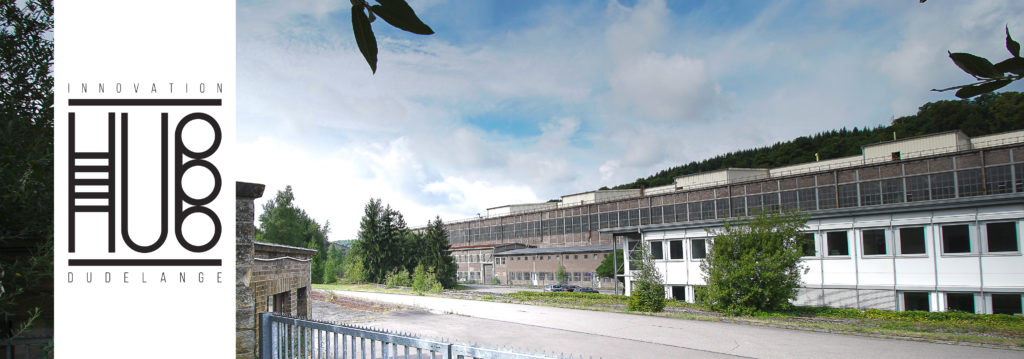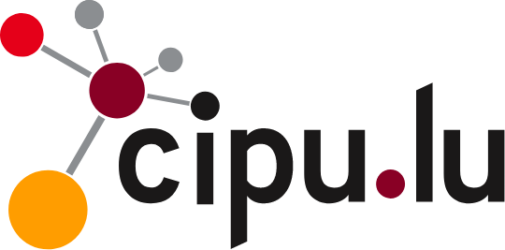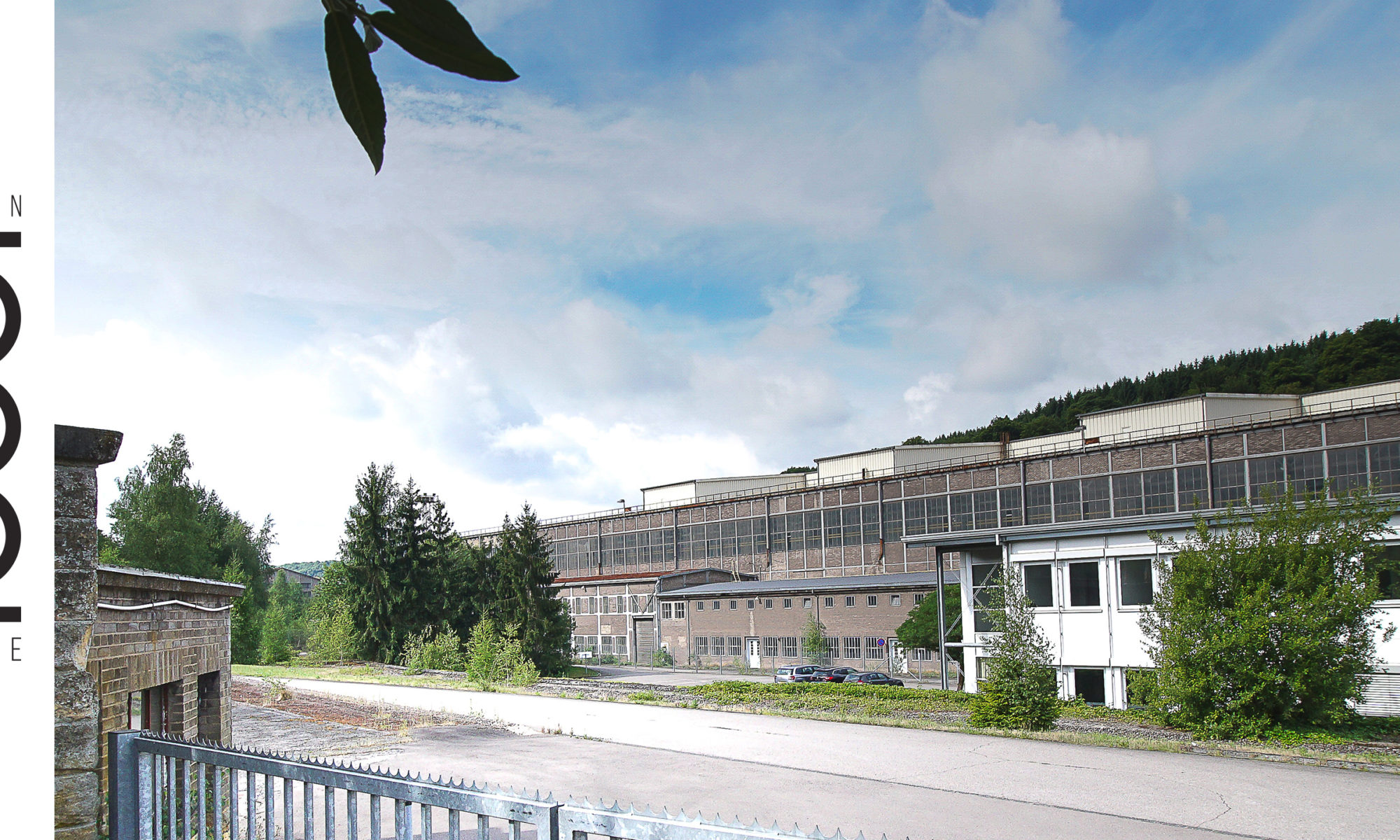Many firms and jobs in the Grand Duchy of Luxembourg are centred around the capital city. Municipalities beyond Luxembourg city and its immediate surroundings have difficulties attracting firms and providing local employment. In addition, the many international companies in Luxembourg mean that prices for office space are challenging for start-ups.
The municipality of Dudelange in the south of the country has initiated ‘Innovation Hub Dudelange’. This incubator is a first step to supporting a new eco-innovation cluster within the municipality and providing affordable office space for start-ups.
Rationale for action
With an ever-increasing number of enterprises and jobs around the capital city, some recent developments have caused difficulties, including the many cross-border commuters working in Luxembourg city. Territories between Luxembourg city and the borders to Belgium, France and Germany have turned into a ‘drive-through country’. With a low municipal business tax rate, Luxembourg city continues to be an unrivalled player in the competition for businesses in the Grand Duchy, leaving little chance for other municipalities to attract firms.
Many international firms rent offices in Luxemburg city, so it has become difficult for start-ups to find affordable office space in the capital area. Start-ups often rely on cheap office space, so where space is expensive less of them can emerge.
Objective
The ‘Dudelange Innovation Hub’ aims to attract and support eco-technology start-ups that will help to establish a new economic cluster in the municipality and the country. Eco-technology approaches, practices and technologies developed in the new cluster can eventually be transferred to municipal departments to improve their services.
This will contribute to local economic development and new jobs. The incubator also aims to shape economic activities towards sustainable and ecological activities in the future ‘NeiSchmelz’ eco-district, a brownfield development within the municipality.
Time frame
The decision to set-up ‘Dudelange Innovation Hub’ in the ‘NeiSchmelz’ district was taken in July 2017. Two months later, the project was presented to the public. With support from several national players, implementation of facilities for the incubator started soon after. In July 2018, just one year after the decision was taken, the incubator opened its doors and welcomed the first enterprises. In 2019, the Incubator welcomed seven start-ups. Three start-ups cooperated closely with the municipality for testing and introducing their products and services in the city of Dudelange.
Key players
‘Innovation Hub Dudelange’ is an initiative of the municipality which chairs and administers the incubator. The provision of facilities and their operation is in cooperation with national players, namely Luxinnovation and Technoport S.A. This innovation agency and business incubator assist the municipality in selecting businesses. Another player is the ‘Fonds du Logement’, the national fund for housing, which owns the land.
Implementation steps and processes
The availability of financial and organisational resources required for the project and the limited number of players involved meant progress on ‘Innovation Hub Dudelange’ was quick. The concept was developed and approved in 2017 and the incubator started operation in July 2018.
Operation of the incubator is ensured by the municipality together with the national innovation agency and the national technology incubator. Start-ups looking to rent office space apply to the national innovation agency. After a pre-selection, a final choice is made by a selection committee of all three key players.
Once the start-ups are welcomed in the ‘Innovation Hub Dudelange’, they receive support in the form of contact building, fundraising and other services provided by the national innovation agency and the business incubator.
Required resources
The municipality rents office spaces from the national fund for housing ‘Fonds du Logement’. In addition to the rent, implementation of the facilities cost EUR 175,000, which was covered up to 80 % by the state.
Results
‘Innovation Hub Dudelange’ includes 14 furbished offices available to eco-technology start-ups. Additionally, the 500 square meters of newly built office space include conference rooms and shared facilities.
Companies can rent the offices for up to five years at a reduced rent. Start-ups less than two years old pay EUR 15 per square meter each month, all other companies pay EUR 20.
At the end of 2019, one year after inauguration, seven of the 14 workplaces were already let. The start-ups cover specialisations including smart irrigation systems, smart LED street lighting systems and active mapping of flood zones using innovative drone technology. Products of these eco-technology firms are transferred to the local administration and will improve the public services provided by the municipality.

Experiences, success factors, risks
‘Innovation Hub Dudelange’ is an innovative approach offering start-up support to a specific sector in a specific location. The instrument also helps to foster innovation in eco-technology. Although this is frequently in the media, it is not frequently addressed by entrepreneurs.
The instrument is also suitable for interim uses. While the eco-district is developing at full speed, ‘Innovation Hub Dudelange’ was based in a building of a steel mill that halted production in 2005. Occupation of the offices by start-ups is for up to five years, so winding-up the incubator should involve little effort when the services are no longer needed.
Conclusions
‘Innovation Hub Dudelange’ shows that relatively little finance is required to set-up a business incubator. Such initiatives are thus suitable for smaller municipalities with limited human and financial resources. Relying on support from national agencies, the municipality benefits from local economic development incentives from the start-ups as well as from the emerging eco-technology cluster, enabling innovations to be transferred to the municipal administration.
Contact
Contact address: innovationhub@dudelange.lu
References
Municipality of Dudelange, 2019: ‘Innovation Hub – 3 startups réinventent la ville de demain avec Dudelange!’ (in French):
Luxinnovation, 2019: News – Innovation Hub – one year of supporting eco-technology: https://www.luxinnovation.lu/news/innovation-hub-one-year-of-supporting-eco-technology/

